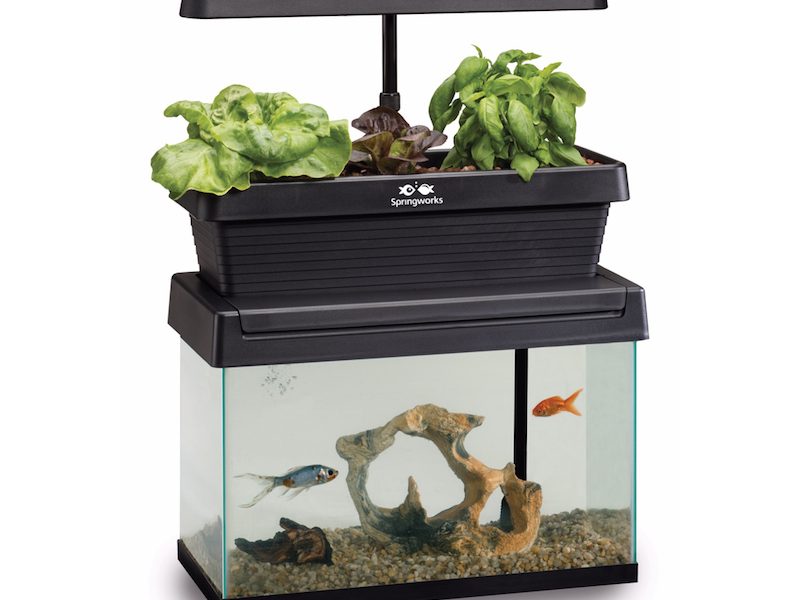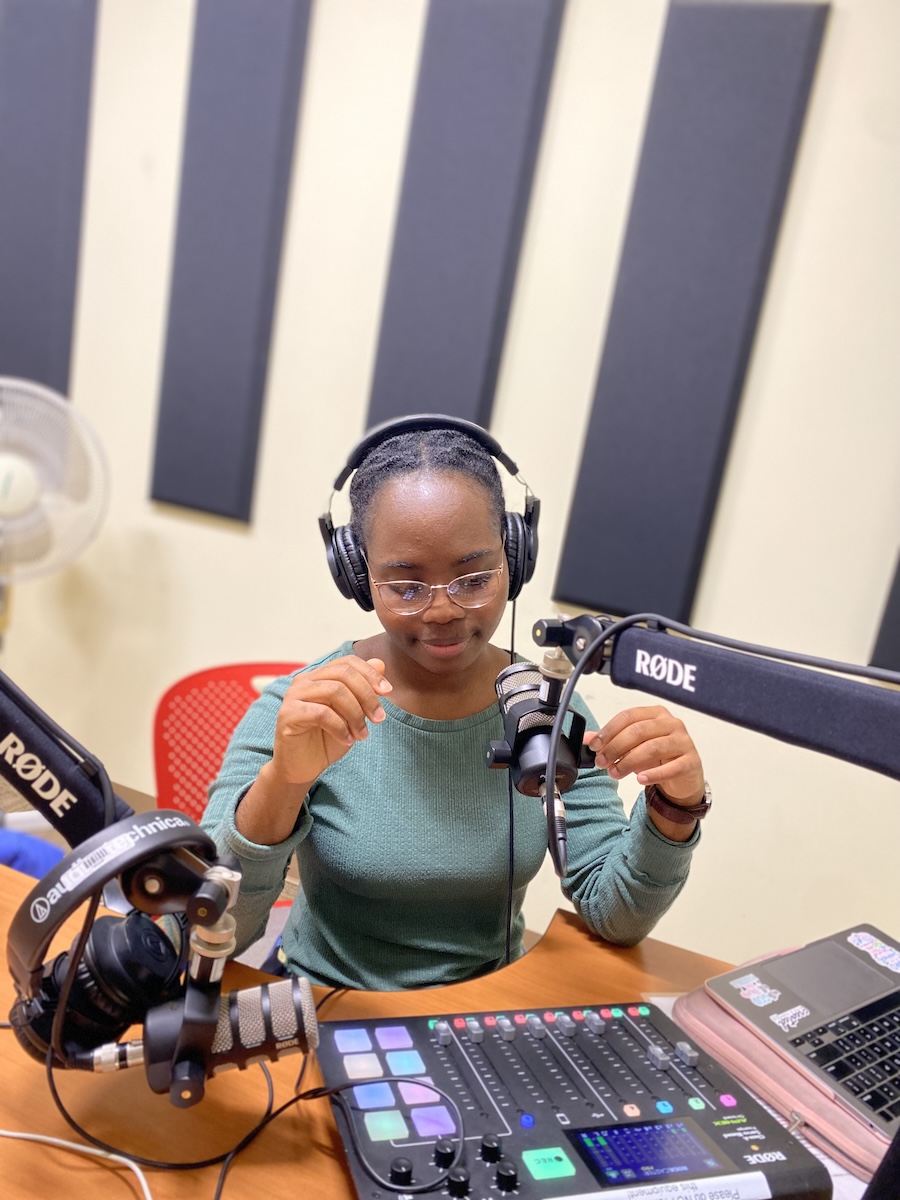Growth Spurt: Bowdoin Senior's Aquaponics Farm to Triple Production with $1.6M Investment
By Rebecca Goldfine






It is an old cliche that students in class occasionally wonder “when am I going to need to know this in real life?” Trevor Kenkel ’18, isn’t troubled by that thought this semester, because he is putting new knowledge from courses like Plant Responses to the Environment, Ecological Recovery in Maine’s Coastal Ecosystem, and Natural Resource Economics and Policy to use in his thriving business. He recently raised $1.6 from investors to expand his organic farm in Lisbon Maine.
With the influx of capital, Kenkel is adding a second large greenhouse to Springworks Farm. By early summer, the 8,000-square-foot greenhouse should be finished and filled with row upon row of bright green and red lettuce heads and the fish that fertilize them.
Springworks is New England’s largest aquaponics farm, and once the addition is complete, it will be the third largest aquaponics operation in the country. With its unique system — which involves growing fish in large tanks and pumping their nutrient-rich wastewater to feed the greenhouse plants — Springworks can supply grocery stores and restaurants with fresh, organic lettuce year-round. (And Kenkel can sell his fish, too, to fish markets once they reach about eight months old.)
Kenkel says his current greenhouse uses 2.2 million fewer gallons of water than a comparable traditional farm would. And he notes that his locally supplied lettuce, which competes with the bulk of lettuce that comes from California and Arizona, reduces carbon emissions since it is sold regionally, in Maine, New Hampshire, and Massachusetts.
At the moment, Springworks Farm has a staff of nine, five of whom are full time. When the new greenhouse is complete, which Kenkel says will be more “structurally efficient” than the first 6,000-square-foot greenhouse, Springworks will triple production and hire five to six more workers. Kenkel credits the quality of his employees with giving him the time he needs to study for his Bowdoin degree. While he oversees his farm, he’s also a fulltime student.
Kenkel launched his business before starting at Bowdoin, after becoming interested in aquaponics as a high school student in Montana. Although he achieved early success with his aquaponics farm in Lisbon, Kenkel never considered leaving Bowdoin to work fulltime on his start-up. A college education, he says, “opens up a lot of doors for you later on,” particularly with the connections you can make as a student. Plus, he added, he’s learning a lot that is applicable to his business.
Besides three courses he’s taking in biology, environmental studies, and economics, Kenkel, a biology major, is also working on an independent study with Professor of Biology Barry Logan, who is a botanist. They’re looking at the carbon dioxide uptake in his greenhouses.
“There’s a big advantage to having a college degree,” Kenkel said. “And it’ll benefit the company in the long term for me to finish school.”



